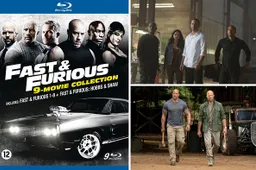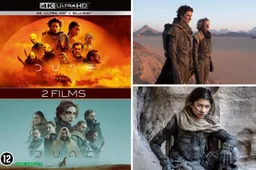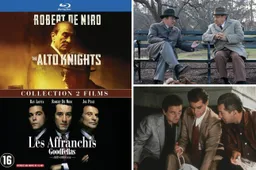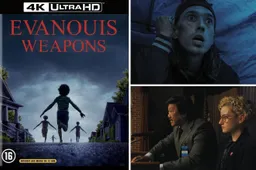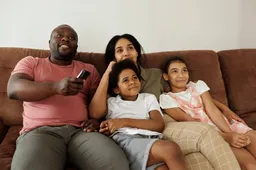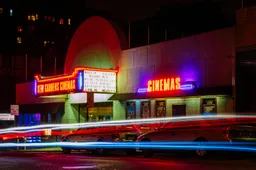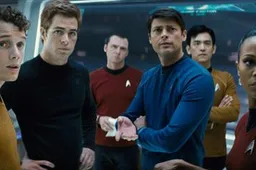During the International Film Festival Rotterdam, MovieSense spoke to the German film collective called NUR Film Group. The group consists out of young filmmakers who have the intention to make and screen movies all around the world. Boundaries will not only be crossed by their cameras but at the same time annihilated. Film as an universal art. Two films by director Behrooz Karamizade (one of the members), called and (consisting out of three short films, one called ), both screened at the International Film festival Rotterdam.

Could you give a short summary what the NUR Film Group exactly is and what it stands for?
Rike Holtz: We were all students of the professors Yana Drouz and David Safarian and with some of the students we founded the NUR Film group. The group was founded in Germany with people from all over the world, such as Iran, Georgia and Russia. Not only is the group diverse, but also our filming locations. We have long length documentaries shot in Argentina, in Bolivia, Russia and so on. It’s a way to really get to know our world. After the shooting, the films are being screened in many different countries. This is very special since we get to learn so much about many different cultures. I think this is extremely valuable. We hope to make people aware that matters such as conflicts between culture and religion are being made up by politics. We as a film group are the living example that it is possible to bring everything together and make something positive out of it.
Is the camera between you and that what you are filming not an obstruction?
Miriam Steen: Well, It is actually the complete opposite. The camera does not bring a distance, but instead brings us closer together.
Jorn Mollenkamp: We believe that the camera is just a tool which can be directed be us into any direction we want. The lens focuses on what we want it to be focused on; it records what we want to record, it does not record itself. That differentiated us filmmakers from someone who makes a home video. We select our subjects carefully and film what we want to film; there is nothing randomly about it.
Rike Holtz: I have a good example. When we were preparing , I was the assistant director and we went to a lot of Persian and Afghan families in order for research. I would have never come in contact with these families without the director or without the project. I got to know how they lived in Germany, experienced their kindness, learned about their proble All things that without the camera would have passed me by. So you could say that cinema was the possibility to get to know them.
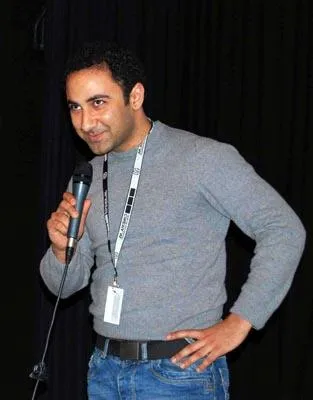
About your film Packing playing on the IFFR, a short documentary about two Iranian children struggling to find a way to carry a watermelon, how did this film originate?
Behrooz Karamizade: Packing is the first short film of a trilogy called To Be a Child in Iran . The reason I have chosen this subject, is I was six years when me and my family fled from Iran, for my father was a member of the communist party. Our life was in great danger and we fled to end up eventually in Germany. After many years I came back to Iran and was thinking about what I could do, what I could shoot as a film. I saw only one possibility how I could understand the culture of my land and the situation of people in Iran today. It was to see it from the eyes from the Iranian children. So I tried to look for a story involving children, to find interesting points of view. I was specifically not looking for the begging children on the streets. These are the well-known images that are constantly shown in the foreign press and media when they report about Iran. They seem to forget that it is a country full of life, trying to develop itself step by step. With people living there that got so much to offer, Iran is not a country that should be bombed.
Behrooz Karamizade: Packing is the first short film of a trilogy called To Be a Child in Iran . The reason I have chosen this subject, is I was six years when me and my family fled from Iran, for my father was a member of the communist party. Our life was in great danger and we fled to end up eventually in Germany. After many years I came back to Iran and was thinking about what I could do, what I could shoot as a film. I saw only one possibility how I could understand the culture of my land and the situation of people in Iran today. It was to see it from the eyes from the Iranian children. So I tried to look for a story involving children, to find interesting points of view. I was specifically not looking for the begging children on the streets. These are the well-known images that are constantly shown in the foreign press and media when they report about Iran. They seem to forget that it is a country full of life, trying to develop itself step by step. With people living there that got so much to offer, Iran is not a country that should be bombed.
I can imagine that a lot of things take place before your camera, why did you choose to tell this particular ‘story’?
Behrooz Karamizade: Because what the children do in this short film ( Packing ) is so touching. It moved me when I say it happen in Iran, it moved me when I was editing the film material, and after fourteen screenings, the story still knows to move me. I was not able to choose any other story; I had to choose this one for it meant emotionally a lot to me.
To Be a Child in Iran consists out of three different stories taking place in Iran. In the first, Packing , you see two children who have a problem and how they come up with a solution for it. The second film is about children in a mosque. Although they are under pressure, they find ways to relieve themselves by making jokes and amusing each other. The third story shows a young girl who is a afraid to leave her house, but does so in the end. You could say from the Western point of view that everybody should be free and things should be changed in Iran by bombing it. But to my opinion, the people in Iran are perfectly capable in finding ways, their own ways, to come about with solutions for their proble
When was the Nur Film Group being founded?
Rike Holtz: That has to be four or five ago that the group has been founded. The group consists out of approximately twelve/thirteen people.
Behrooz Karamizade: Though it is not a fixed group. There are times we are with twentyfive, and at other times we are with barely ten. We are open for any artist who is interested in this project and who wants to share this experience. It is a association with artists, an association where ideas are being shared.
Why was the NUR Film Group founded, was it because you were missing something in the current film industry?
Behrooz Karamizade: We are not against something, we are for something; artwork should be like this. We are young directors, we try doing things differently.
Jorn Mollenkamp: We find new points and themes for our films and avoid copying things that are already been done.
Rike holtz: It is not that we hold a fixed ideology that tells us in what direction we have to move. Instead we try to find ways to make our ‘own’ movies. One of our qualities is that we are (originally) from so many different cultures, that we constantly are learning from one and another. By trying to look what the world is all about in all its details, we hopefully succeed in expressing this in our own way. Therefore the movies made by are our group contains great diversity, in both subject and form.
How do people react all over the world, is there a big difference between audiences in different countries?
Behrooz Karamizade: Human questions are universal. Maybe the reactions are differently, but people have the same feelings.
Rike Holtz: This is very interesting. In Japan for example, we had a screening and during the screening there was total silence. As a filmmaker you are immediately thinking: oh my god they are not reacting at all. But afterwards we got such overwhelming reactions by people telling us that they could really identify with the film and could really find themselves in it.
Can you tell me something about your future plans?
Rike Holtz: There are two films coming out, one is a feature length documentary shot in Argentina, and another one takes place in Bolivia about woman wrestling. Than there will be a documentary about Georgian music, about what Georgian music really stands for. My graduation film will be a short film, which is going to be very personal. My sister died three years ago by drugs and she was into Punk. When I was young I was somehow involved with Punk music as well. And with this graduation film I want to try to tell the audience what the Punk movement means and why it is so important that this movement exists.
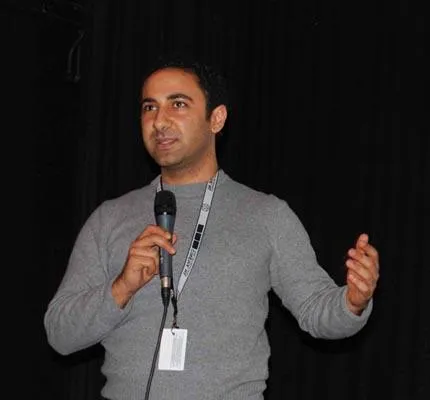
Behrooz Karamizade: For my next project we will go to Greece next month and start the search for refugee children located at the border or Europe. This is one of my own stories. We are going to do research about this serious situation, since the circumstances for these fleeing children are very dangerous. We work with a big refugee organisation that will be able to help us with our research. We (the refugee organisation and we filmmakers) both have our own methods to deal with such a situation. They work very hard using laws, media and press and I use film to tell a story and make people aware. For Amnesty International we just finished a project.
Jorn Mollenkamp: We did a group work for Amnesty International. We developed six short advertisements, each thirty seconds long with human rights as main subject. Our goal was to really find out what ‘human rights’ means and how ‘human rights violation’ looks like in Germany. Our experience was that ‘human rights violation’ is almost always automatically attached to foreign and exotic countries. We just finished the editing and hopefully the shorts will screen in German cinemas and at international film festivals.
Is there anything you want to tell about NUR film group?
Behrooz Karamizade: One thing is important, we are really thankful to the International Film Festival Rotterdam for giving us the possibility to have this big platform where we are able to show our ideas and visions freely.

